Jewish holidays: A journey through time and tradition
From Passover to Hanukkah, here's a brief overview of Judaism's various holy celebrations and traditions
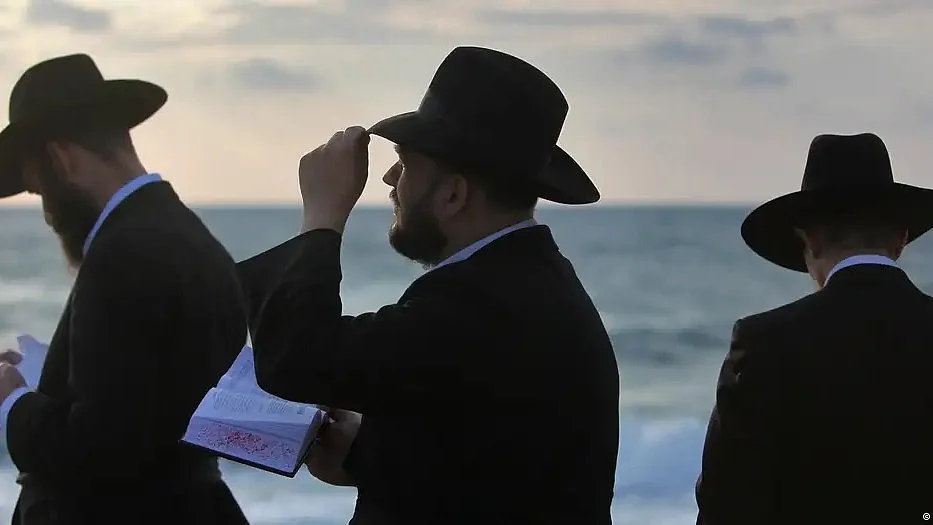
Rosh Hashanah: Jewish New Year
Rosh Hashanah, beginning September 15th, symbolizes God's covenant with Israel, prompting Jews to reflect, repent, and perform good deeds with the guidance of the shofar, a ram's horn trumpet.
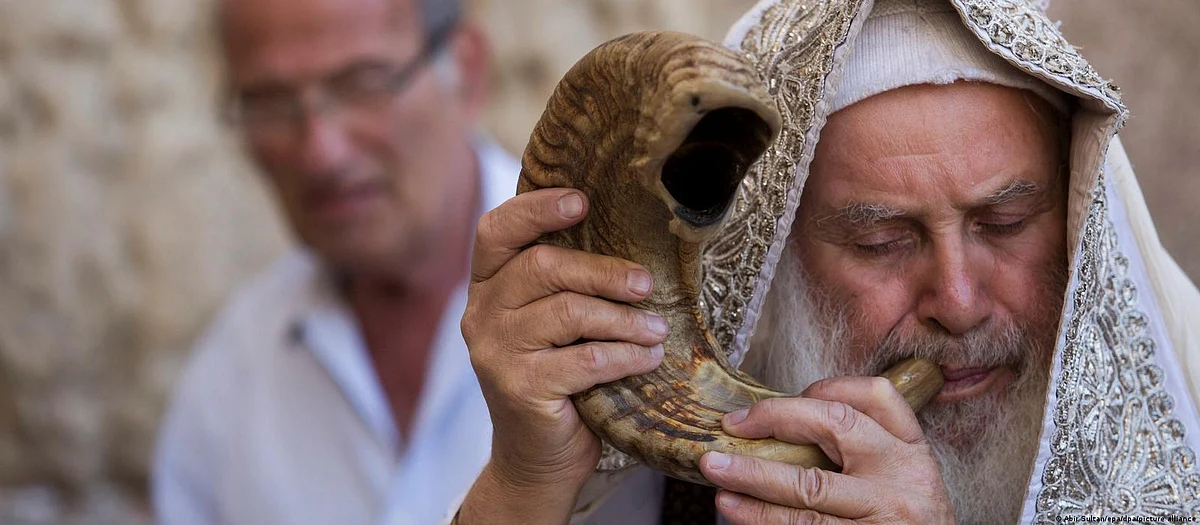
Yom Kippur: Day of Atonement
Religious Jews repent for 10 days leading up to Yom Kippur, the holiest day in Judaism on September 24, 2023. It involves fasting, prayer, and a pre-fast ritual called Kapparot, where a chicken is donated to the poor, followed by a family meal.
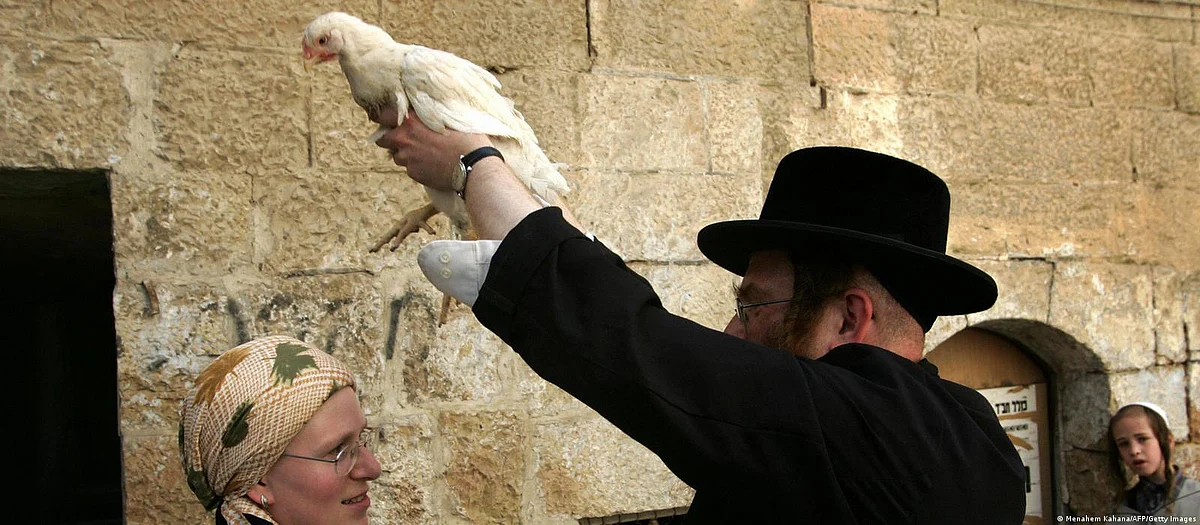
Sukkot: Festival of Shelters
Sukkot recalls the Israelites' Exodus 3,000 years ago, when they lived in temporary desert shelters for 40 years. Starting on September 29, 2023, Jews build a "sukkah" to symbolize these huts, gathering for meals and sometimes even sleeping inside
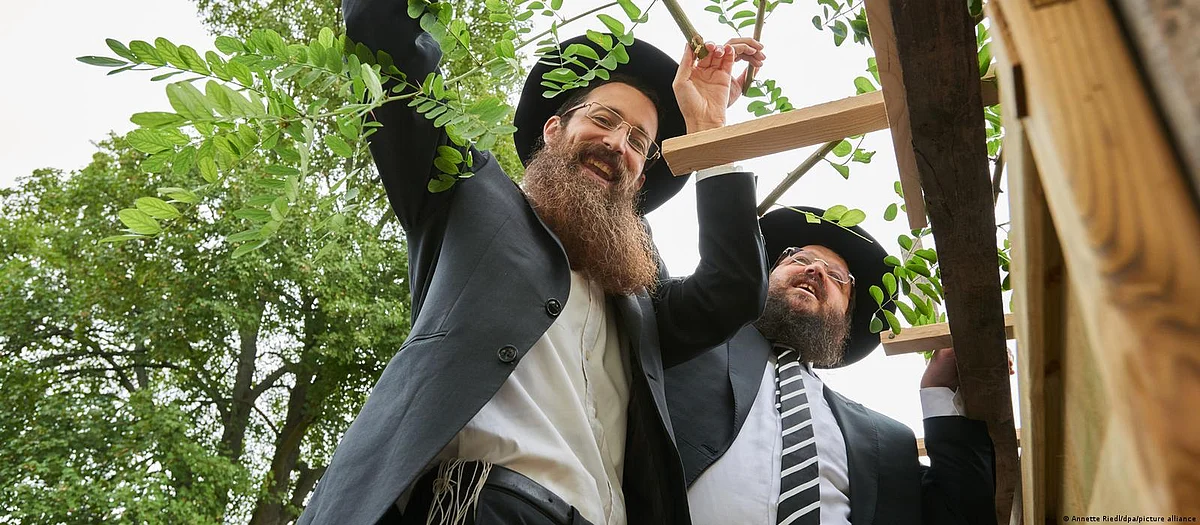
Simchat Torah: Rejoicing with God's teachings
Following Sukkot, there's Shemini Atzeret, which includes Simchat Torah. It marks the end of the annual Torah reading cycle. In synagogues, Torah scrolls are paraded, and worshippers joyfully dance and sing for hours.
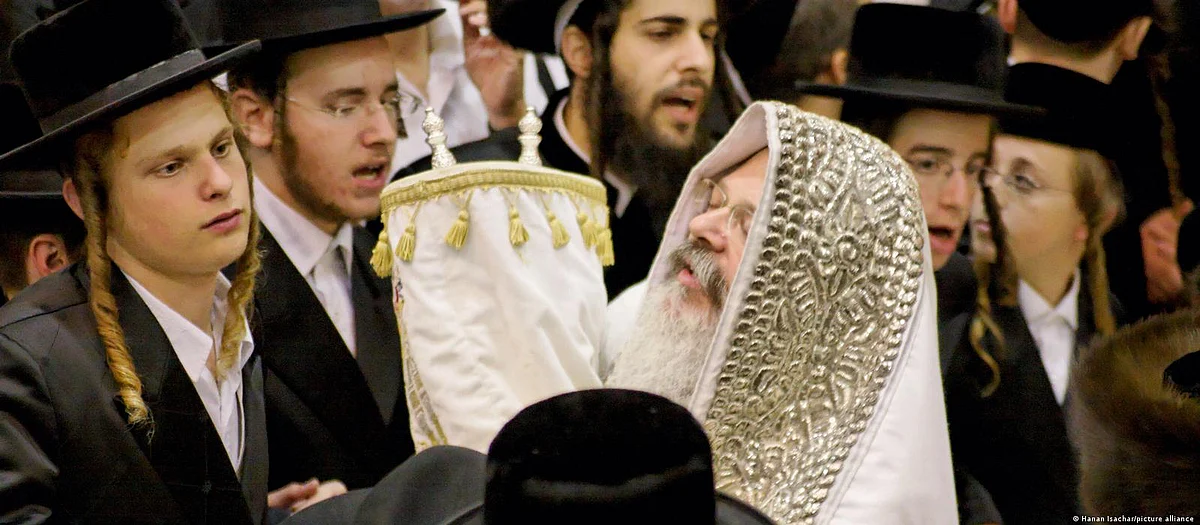
Hanukkah: Festival of Lights
Under the Seleucid empire, Jews couldn't practice their religion for two centuries. In 164 BC, they reclaimed Jerusalem. According to religious texts, a day's worth of sacred oil lasted miraculously for eight days, leading to the eight-day celebration of Hanukkah, with one candle lit daily.
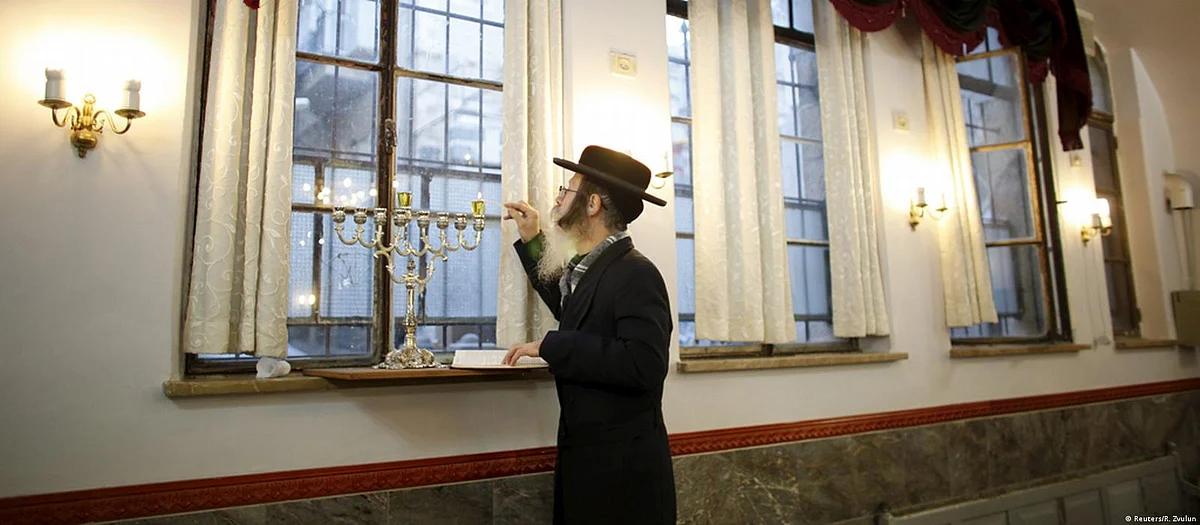
Tu BiShvat: New year of the Trees
Tu BiShvat in January concludes Israel's rainy season, allowing plants to thrive. The holiday features a tradition of enjoying a variety of Israeli fruits like grapes, nuts, figs, dates, olives, pomegranates, and cereals. It's also a day dedicated to nationwide environmental protection, with people planting seedlings.
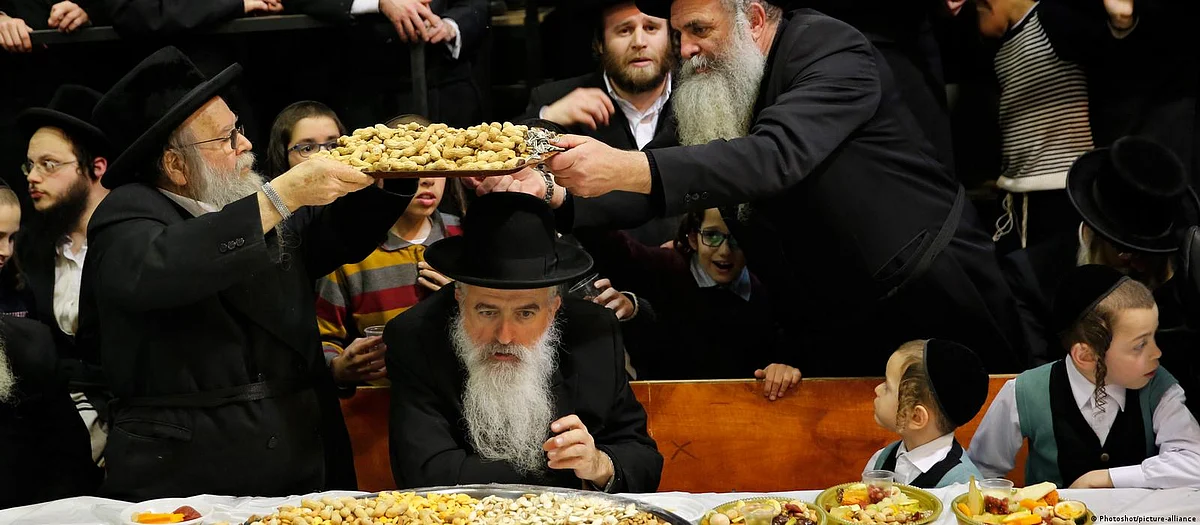
Purim: Jewish 'Carnival'
In the Hebrew Bible, Haman, a vizier, sought to exterminate all Jews in the Persian Empire. Esther, the king's Jewish wife, saved her people. During the synagogue reading, noise masks Haman's name. Purim customs involve costumes, masks, and festive drinking.
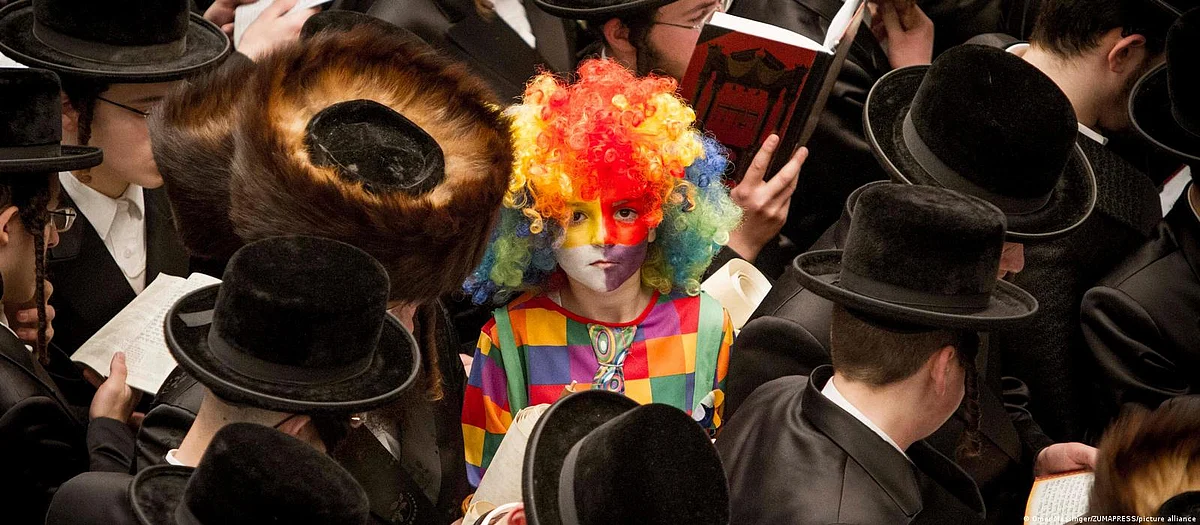
Passover: Feast of Unleavened Bread
Passover, an eight-day festival, marks the Exodus from Egyptian slavery. Orthodox Jews visit Jerusalem's Western Wall. As the Israelites only had unleavened bread with them when they escaped, leavened bread is avoided, and a special Seder dinner gathers Jewish families on the first night of Passover.
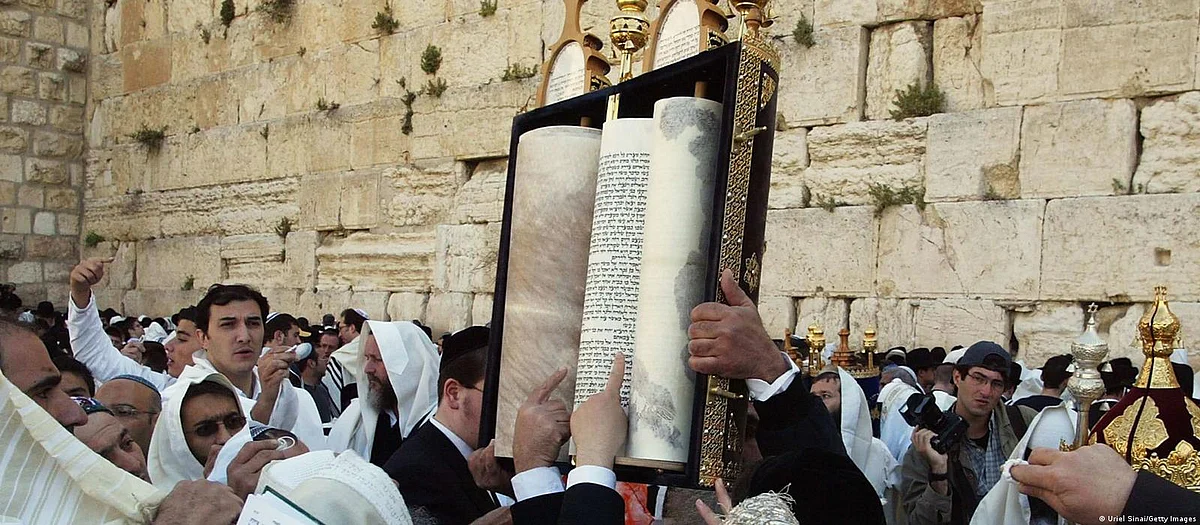
Shavuot: Festival of Reaping
Shavuot commemorates the revelation of the Five Books of the Torah by God to Moses and to the Israelites on Mount Sinai. It is also called the "Day of the First Fruits", as the first grains and fruits are ripe in Israel and can be harvested. In biblical times, two meat loaves made from the flour of the new harvest were offered on this day to the Jerusalem temple
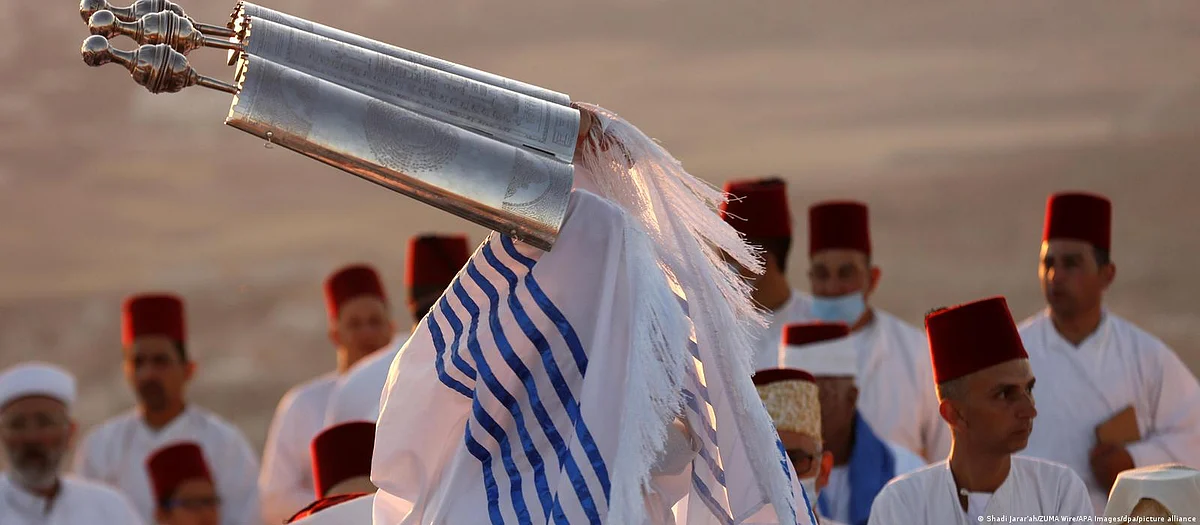
Shabbat: Weekly Day of Rest
Shabbat begins every Friday evening and ends on Saturday night. It's a day of rest in observant Jewish households, involving synagogue visits and refraining from work. Fires, including electric lights and stoves, are not lit on Shabbat. The family feast candle is lit just before sunset, accompanied by a blessing.
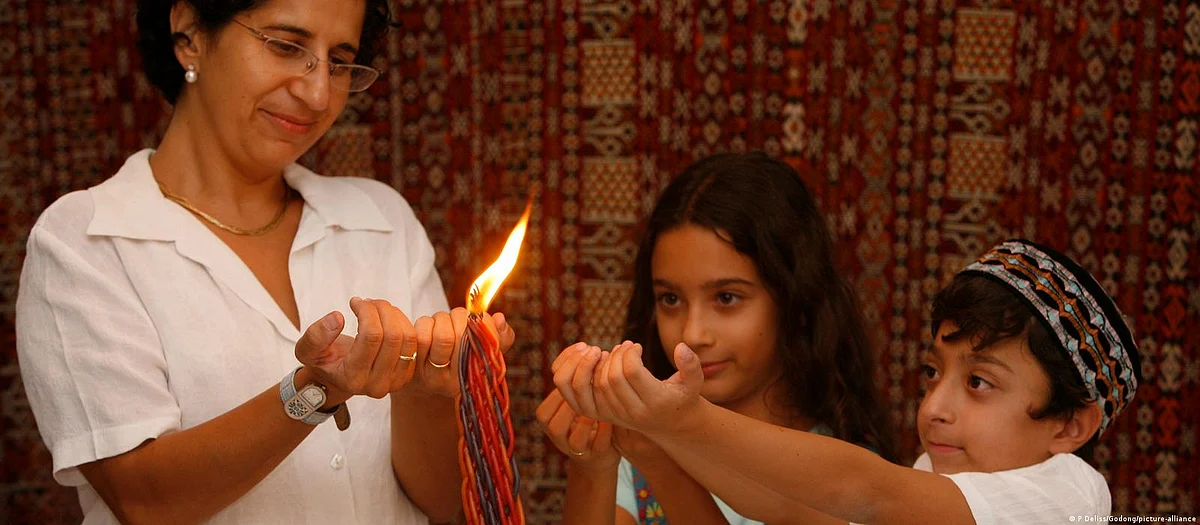
Follow us on: Facebook, Twitter, Google News, Instagram
Join our official telegram channel (@nationalherald) and stay updated with the latest headlines